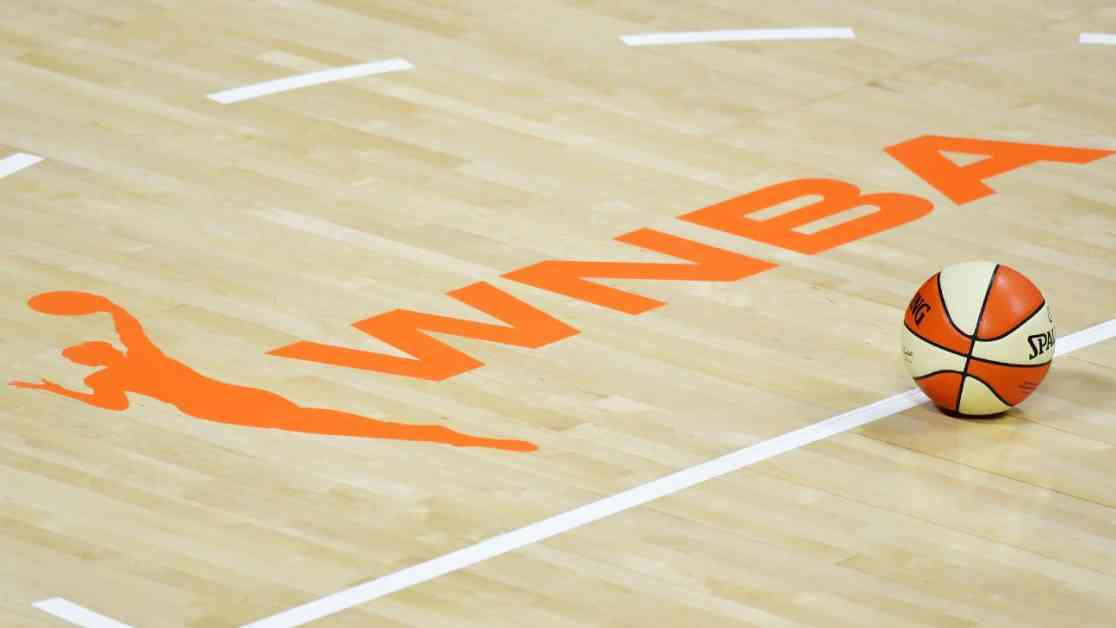The WNBA players have decided to opt-out of their current collective bargaining agreement and are now facing the possibility of a work stoppage if they do not reach a new deal with the league by the end of the 2025 season. The Women’s National Basketball Players Association (WNBPA) elected members made an announcement on Monday stating that the players are looking for a new business model that reflects their true value. This includes higher salaries, improved working conditions, expanded health benefits, and necessary investments for long-term growth.
The current agreement was set to expire in 2027, but the players had until November 1 to opt-out, and it will remain in effect until October 31, 2025. The union believes that with higher television ratings, attendance figures, and franchise values, it is the right time to renegotiate with the league and owners. The recent 11-year media rights deal worth $200 million a year with Disney, Amazon Prime, and NBC further supports the players’ position.
WNBPA president Nneka Ogwumike emphasized that opting out is not just about larger paychecks, but it is about claiming their rightful share of the business they have contributed to building. The players are also focused on improving working conditions and ensuring that future generations of players benefit from their success. The union’s goal is to fully professionalize the league, secure proper wages, improve working conditions, and establish meaningful benefits.
The players are willing to negotiate for as long as necessary, even if it results in a work stoppage. They are looking to transform the current economic model to one that is more equitable and evolves with the league’s growth. Areas such as salaries, retirement benefits, and family planning benefits are also being addressed.
WNBA commissioner Cathy Engelbert expressed her desire to work together with the players and the WNBPA on a new CBA that is fair and sets the foundation for the league’s growth and success in the future. The players are determined to break free from the current system and demand transparency and an equitable stake in the business they have helped build.
Communication between the league and the players has been positive, with both sides engaging in discussions throughout the year. The transformation of the league and the focus on building a long-term economic model have been key points of discussion. The players have played a significant role in the league’s growth and are now looking to secure their place in the business they have contributed to developing.
With the WNBA expanding to 13 teams and new franchises joining in the coming years, the players are committed to creating a sustainable future for the league. The negotiations between the players and the league will be crucial in determining the future of the WNBA and ensuring that the players are fairly compensated for their contributions.








